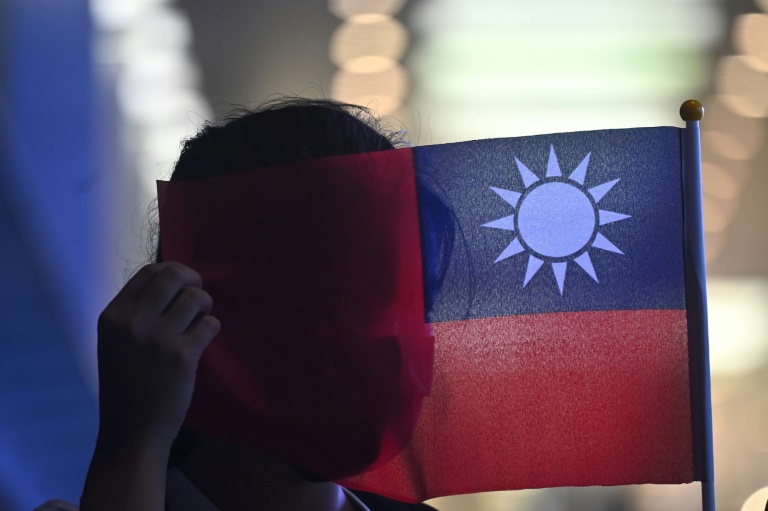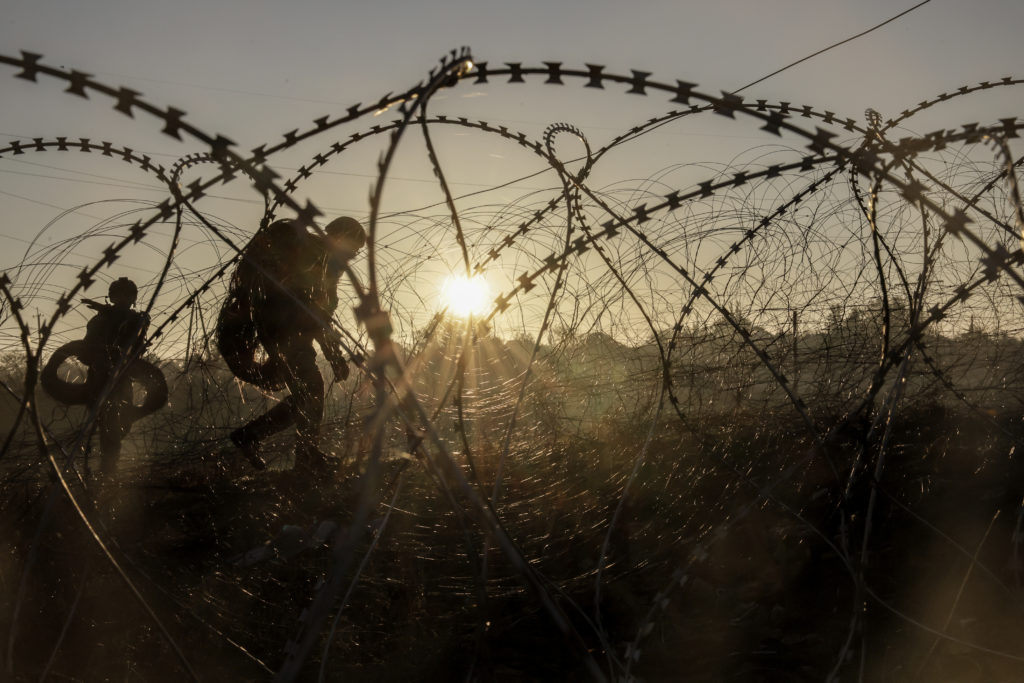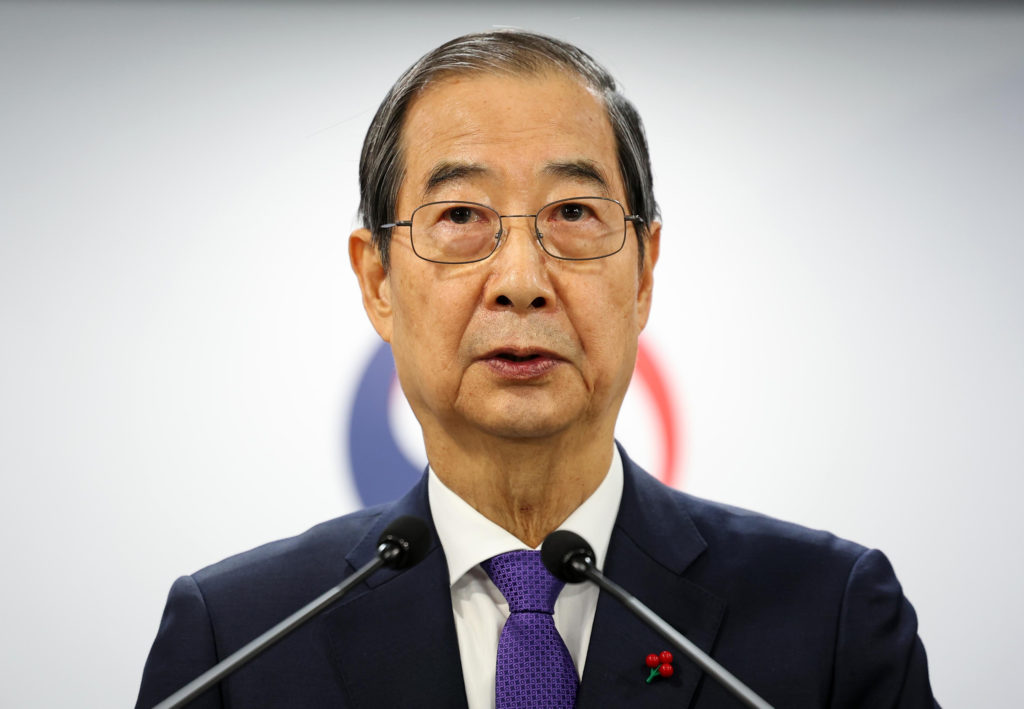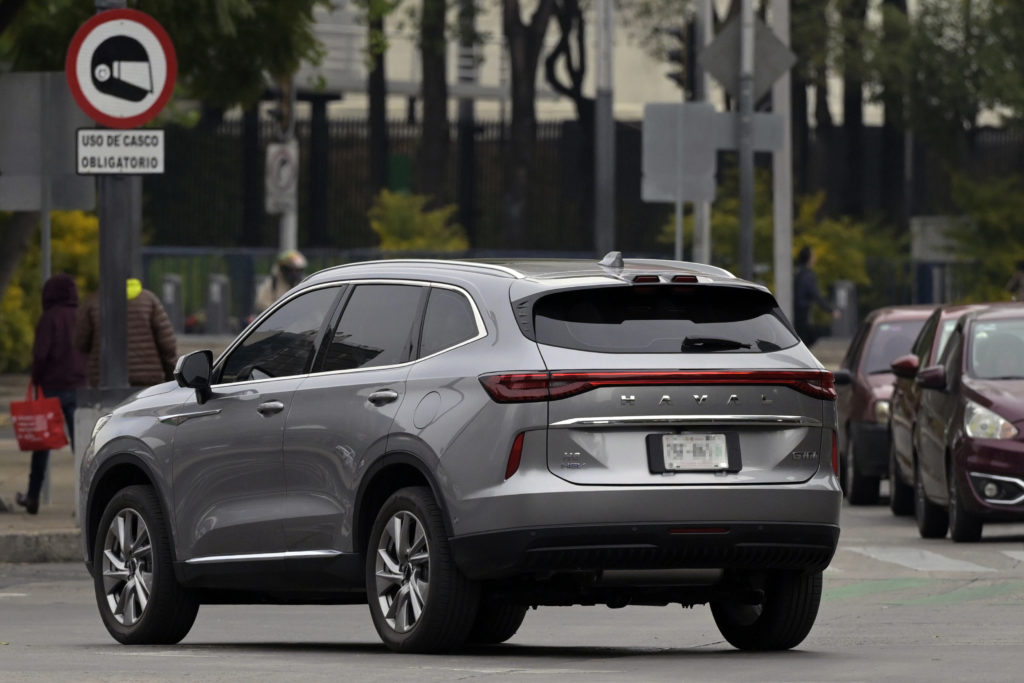China on Tuesday demanded Lithuania recall its envoy to Beijing, after Vilnius allowed Taiwan to set up an office under its own name in a move seen as provocative by the Chinese government.
The self-ruled island, which China considers part of its territory, last month said it was setting up a representative office in Vilnius under the name “Taiwan” as opposed to “Taipei”, an act interpreted by Beijing as a diplomatic insult.
An outraged Chinese foreign ministry on Tuesday said it had “demanded the Lithuanian Government recall its Ambassador to China” and would also withdraw the Chinese envoy to Lithuania.
The decision by Vilnius to allow a Taiwanese Representative Office “severely undermines China’s sovereignty and territorial integrity” and “brazenly violates” the ground rules of diplomatic relations between China and Lithuania, the ministry said in a statement.
Beijing claims Taiwan as its own and has vowed to one day retake it — by force if needed.
China tries to keep Taipei isolated on the world stage and refutes any official use of the word “Taiwan” in case it lends the island a sense of international legitimacy.
The Chinese foreign ministry on Tuesday urged Lithuania to “immediately rectify its wrong decision” and “not to move further down the wrong path”.
Lithuania’s foreign ministry responded by saying it “regrets this move by China”.
“While respecting the principle of one China, (Lithuania) is determined to develop mutually beneficial relations with Taiwan,” the ministry said in a statement.
The opening of the Vilnius office is the latest sign that some Baltic and central European countries are seeking closer relations with Taiwan, even if that angers China.
In May, Lithuania announced it was quitting China’s 17+1 cooperation forum with central and eastern European states, calling it “divisive”.
It has since pledged to donate 20,000 coronavirus vaccine doses to Taiwan.
And in 2019, Prague cancelled a sister-city agreement with Beijing and signed one with Taipei, while a high-profile visit to Taiwan last year by Czech senate leader Milos Vystrcil infuriated China.
China cut official contact with Taiwan and ramped up diplomatic pressure after the 2016 election of President Tsai Ing-wen.
Tsai, who won re-election by a landslide last year, rejects Beijing’s stance that the island is part of “one China” and instead views Taiwan as a de facto sovereign state.
Beijing has in recent years persuaded some of Taiwan’s few diplomatic allies to switch sides through a mixture of pressure, threats and economic incentives.









